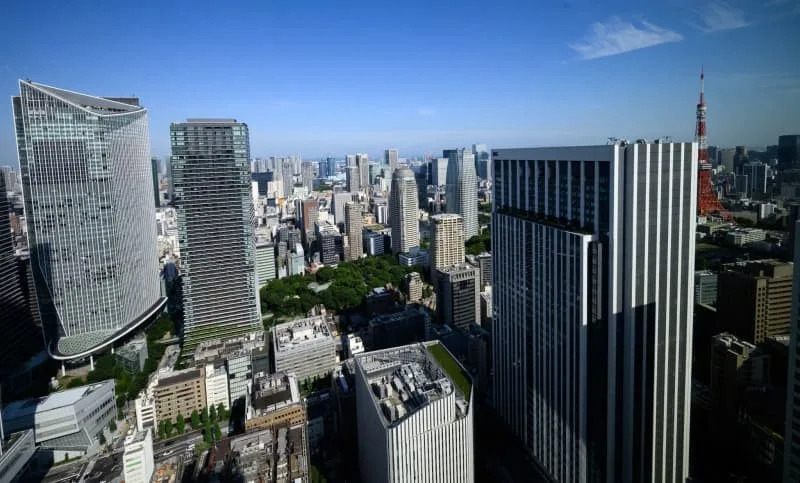Tokyo’s fast internet, efficient public transport and perceived safety are part of why it has been labelled the world’s best city for travellers who want to break up a holiday by doing some work.
The Japanese metropolis’s proximity to attractions such as Mount Fuji, which can be seen from high-rises on a clear day, was another factor in it topping the best “workcation” cities ranking.
And while the beaches and bikinis of Rio de Janeiro helped the Brazilian city to second on the list, Budapest was ranked third as European cities ranked highly in the laptop class’s favourite spots for a busman’s holiday.
Compiled by hybrid working enthusiasts at International Workplace Group (IWG), the top 10 included not only the Hungarian capital, but Paris, Rome, Barcelona, Lisbon and Valletta.
According to IWG, six in 10 of white-collar vacationers claimed they would extend their holiday if they could work remotely, with 86% saying that the availability of “flexible workspaces” was a factor in deciding a destination for a trip.
This year’s ranking included cities such as Seoul, Cairo, Mexico City, Cape Town and Prague for the first time, with the South Korean capital’s famously fast internet helping it debut at fourth overall.
Based on criteria such as transport, climate, flexible workspace availability and access to nature, the ranking factored in the growing availability of so-called “digital nomad” immigration criteria, with Japan introducing such a visa last year.
“Thanks to hybrid working and cloud technology, employees now have the freedom to work wherever and whenever suits them best – whether that’s a local flexible workspace or a co-working centre on the other side of the world,” said IWG CEO Matt Dixon.

High-rise buildings characterize the image of downtown Tokyo. With a catchment area of around 37 million people, the Tokyo metropolitan region is considered the largest metropolitan area in the world according to the UN. Bernd von Jutrczenka/dpa


AloJapan.com